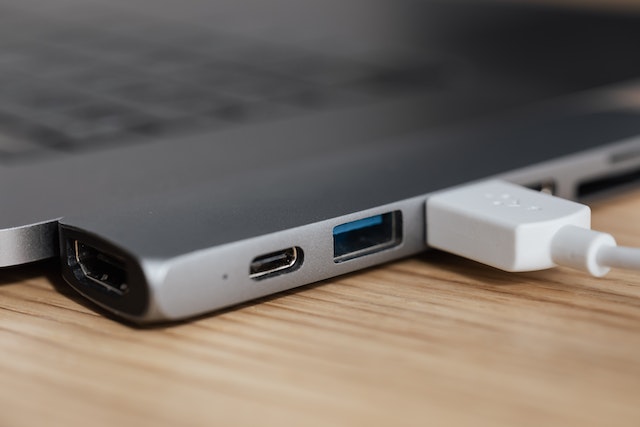Introduction
In the world of connectivity, cables play a pivotal role in ensuring seamless communication between devices and systems. One such type of cable that has gained immense popularity in recent years is the M12 cable. M12 Cables are versatile, durable, and widely used in various industrial applications. In this blog, we will delve into the world of M12 cables, exploring their features, applications, and advantages.
What are M12 Cables?
M12 cables, often referred to as M12 connectors or M12 circular connectors, are a type of electrical connector commonly used in industrial and automation settings. They are named after their circular, 12mm diameter threaded coupling interface, which helps secure a reliable connection. These connectors have various pin configurations, making them suitable for a wide range of applications.
Types of M12 Cables
M12 cables come in different variations, each designed for specific purposes. Here are the primary types:
- M12 A-Coded Cables: These are commonly used for sensor and actuator connections. They provide a single-channel, shielded connection and are known for their reliability in harsh environments.
- M12 B-Coded Cables: B-coded M12 cables are typically used for Ethernet and data applications. They provide high-speed data transmission, making them essential in industries relying on real-time communication.
- M12 D-Coded Cables: D-coded connectors are tailored for industrial Ethernet applications and can handle both data and power transmission. They’re ideal for powering devices such as IP cameras, access points, and industrial switches.
- M12 X-Coded Cables: X-coded M12 connectors are the go-to choice for high-speed data transmission in demanding environments. They are particularly suitable for applications like 10GbE Ethernet.
Applications of M12 Cables
M12 cables find their place in a wide range of applications due to their robust construction and versatility. Some common applications include:
- Factory Automation: M12 cables are used in automated machinery, connecting sensors, motors, and controllers. Their reliability ensures that production lines run smoothly.
- Industrial Networking: In industrial environments, M12 connectors are used for Ethernet connections, facilitating data transfer and communication between devices.
- Transportation: M12 connectors are used in transportation systems, including trains and buses, for communication between various onboard systems, such as surveillance cameras and control panels.
- Food and Beverage Industry: M12 cables are suitable for the food and beverage industry, as they are resistant to moisture, cleaning agents, and temperature variations.
- Agriculture: M12 cables are employed in precision farming equipment for data transmission and power supply.
Advantages of M12 Cables
M12 cables offer several advantages, making them a preferred choice in many industries:
- Durable and Resilient: M12 connectors are designed to withstand harsh conditions, including moisture, vibration, and temperature extremes. This durability ensures longevity and reliable performance.
- Secure Connection: The threaded coupling mechanism of M12 connectors provides a secure and tamper-resistant connection, reducing the risk of accidental disconnections.
- Versatility: With various coding options, M12 cables can accommodate a wide range of applications, from power and signal transmission to high-speed data transfer.
- Cost-Efficient: These connectors are cost-effective, as they are built to last, reducing the need for frequent replacements and maintenance.
- Easy Installation: M12 connectors are user-friendly, with a simple plug-and-play design that simplifies installation and minimizes downtime.



